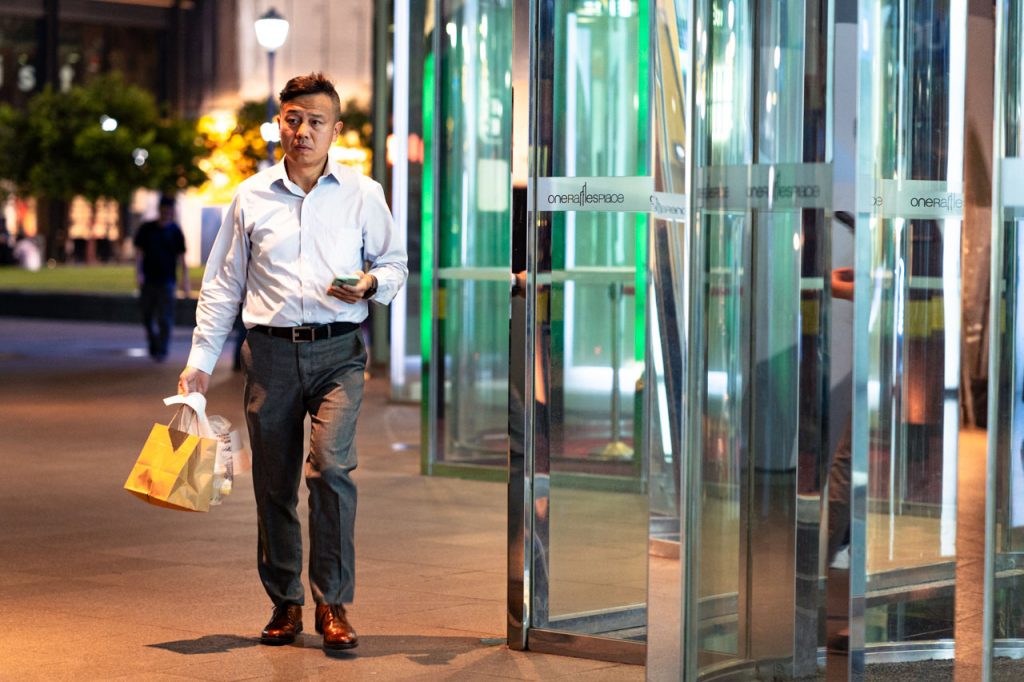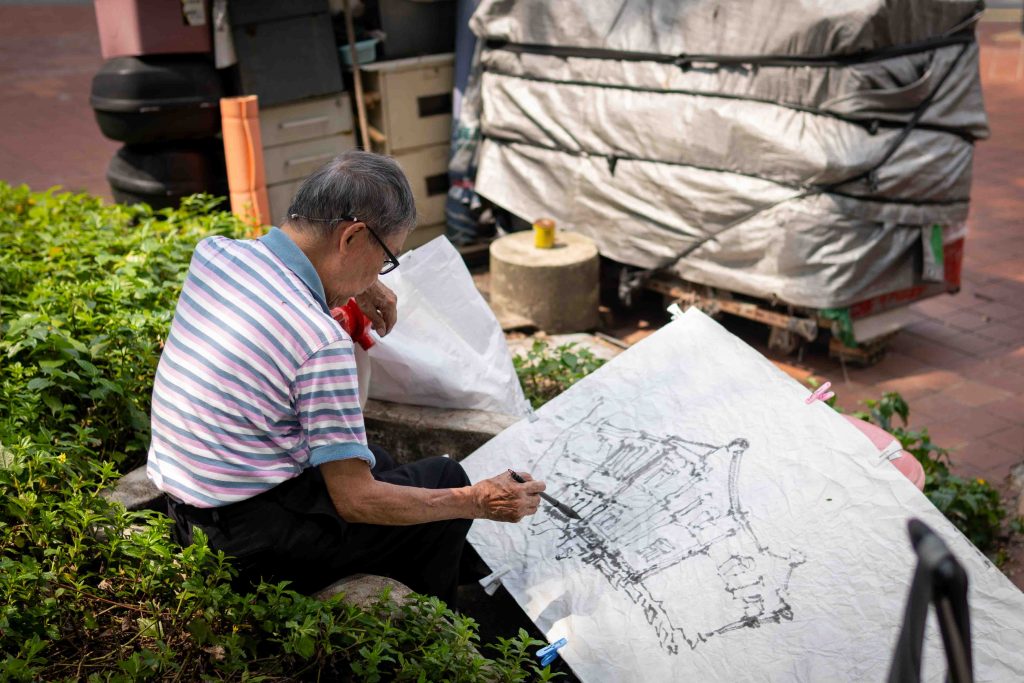Top Image: Marisse Caine / RICE File Photo
One of PM Wong’s hopes as the Prime Minister is to redefine success. Most recently, at a youth event (and previously on his vodcast), he spoke about ✨following your dreams✨.
“There is no need to squeeze into boxes we are not meant to fit,” PM Wong proudly affirmed in his YouTube video. It’s genuine advice—but it’s also easier said than done.
The truth is, some younger Singaporeans are already open to different definitions of success. We’ve seen so many newsworthy articles about Gen Z hawkers, national athletes, and even young retirees.
But pragmatism often wins out, leading those more risk-averse among us to pursue careers that are more stable or pay better. After all, isn’t that what PM Wong himself did, trading his guitar aspirations for a life in the public service?
It’s not as simple as redefining the path to success in our minds. There are structural, systemic hurdles to the path less travelled—issues we need to address before Singaporeans can truly embrace different ideas of success.
Too Broke To Dream
Chasing your dreams might be spiritually rewarding, but it isn’t always viable to do so here.
Let’s take Joseph Schooling. While his Olympic gold win was under the Singapore flag, he spent the bulk of his career training in the United States. And it’s also a common thread for a lot of creative Singaporeans—in order to succeed in a niche field, you have to spend at least some time acquiring skills outside of Singapore. But many Singaporeans aren’t financially well-off enough to study or train overseas.
The financial squeeze is even more pronounced for self-starters. Many start-ups fizzle out due to a lack of capital and investment. It’s why a lot of Singaporeans end up pursuing their passions as a side hustle, working a ‘real’ job in order to sustain themselves and their interests.

Even those who manage to find alternative definitions of success at home struggle to sustain their craft. Jeremy Monteiro, a local legend in the jazz scene, has lamented the low wages for musicians, noting that salaries for musicians have stagnated since the ‘70s.
Chasing dreams can also lead to real financial losses. Most recently, we saw how a trailblazing baseball athlete gave up his job (and maybe even his new BTO) to chase his dreams in Japan. It’s a loss he’s willing to bear. But not everyone is prepared to do the same.
Put simply, you’re never going to have a society of people who bravely chase their dreams if society makes them suffer major trade-offs in the process.
And it’s not just a financial issue—it’s a mindset issue.
Grindset Mindsets
PM Wong acknowledges it’s about mindsets too. He’s urging us to “look within (ourselves)” and work with fellow Singaporeans to create a “better society”. Pretty expected stuff, but let’s concretise what mindsets need to be changed.
A good place to start is with our arts industry—a common field people give up in pursuit of financial stability. Minister of State for Education Gan Siow Huang claims the poor salaries for this sector are due to “economic demand”. Basically, Singaporeans don’t like to pay for their art.

The onus, then, is on consumers to find more value in paying for local art. While it’s all well and good that government grants are flowing into the arts, the only sustainable way forward for the industry is audience engagement. That means no more paying your artists in exposure, by the way.
And it’s not just the arts—other industries need a mindset change.
We all know the old threat: “If you don’t study, later you become cleaner.” But is becoming a cleaner the worst job in the world? Don’t the people who help maintain our spaces deserve dignity and respect as well?
By acknowledging and respecting people who work in industries generally considered unstable or unsavoury, we start to make them more acceptable. Once we put our money where our mouths are and value these industries, we’ll see that ‘risky’ careers in volatile fields will no longer be considered ‘divergent aspirations’.
They’ll just be regular aspirations.
Of course, it’s not just the folks on the ground who have to change their mindsets—the government has to do a little self-reflection too.
Even when we try to expand our definitions of success, we’re still stuck on the idea of how multiple kinds of careers can make you money. It’s this tension that makes us hesitant to believe PM Wong’s vision of a new Singaporean Dream beyond material goods. Are we only progressing the discussion on these ‘holistic’ causes for economic and political concerns?
It’s easy to be cynical about PM Wong’s message, especially given the bajillion systemic hurdles to chasing your dreams. It’s also an idea incompatible with our Singaporean pragmatism—something that’ll take a long time to change.
Good Ideas
But what if success isn’t about a job? Accomplishment doesn’t just come from a high income or notches on a CV.
Young people, in particular, are realising that there’s more to life than a nine-to-five. Success is also about fulfilment and achieving a goal. That goal could really be anything: being a better partner, volunteering more; the list goes on.
The reality is more and more Singaporeans are already challenging what success means. Some are finding purpose chasing an unorthodox lifestyle. Others truly find themselves only after leaving Singapore behind.
And some just want to be happy, regardless of their income level.
Right now, what PM Wong has is a good idea. But until we redefine our industries, our mindsets, and our culture, that’s all it’ll be. An idea.






